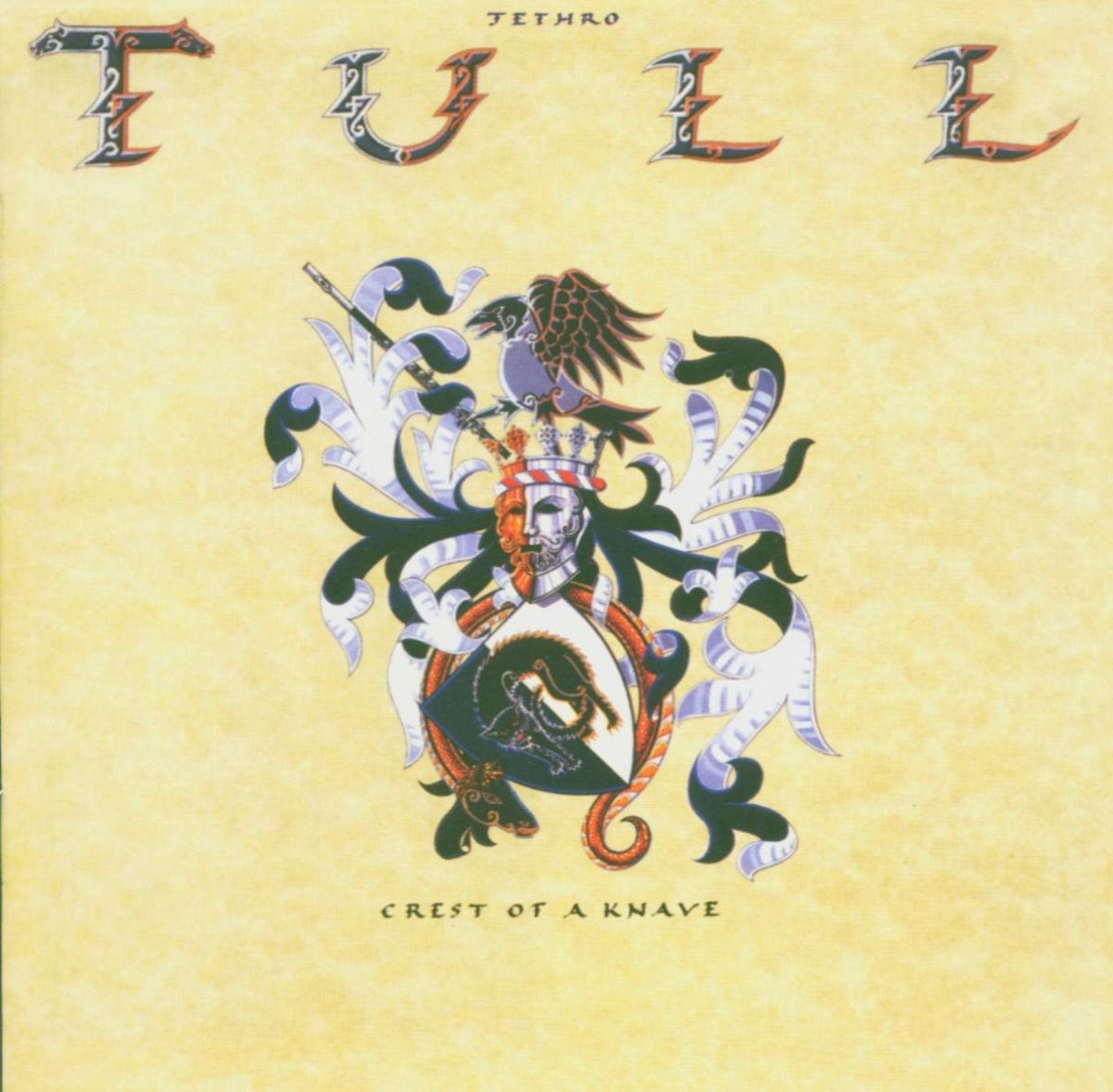Like many acts from the 60s and &0s, when the 80s rolled around Jethro Tull struggled with something of an identity crisis, desperately trying to blend the traditional core values of their sound with new and exciting possibilities that the latest technology offered. The result was a genuine mixed bag of albums, from the synthetic disorientation of A, via the more familiar Broadsword and the Beast, before putting the frighteners up a lot of the long standing members of the audience by gully embracing synth-rock and drum-machines with 1984’s Under Wraps.
It’s fair to say that Under Wraps split opinion at the time and continues to do so, nevertheless it was promoted via the standard globe-trotting tour and it is often said that the material from the album worked better in a live environment and Ian Anderson in particular had reached a whole new level as a vocalist. Or at least he had until he was struck down by a career-threatening throat infection, which necessitated in a temporary career break for Jethro Tull.
Perhaps this career break gave Anderson to consider what direction he wanted Jethro Tull to head in future, after all, some fans had been pretty vocal in their disappointment with Under Wraps and Tull’s apparent abandoning of their traditional sound. Whatever the case, Anderson now had a more limited vocal range, and had to spearhead an album which convinced the fans that they hadn’t fallen out with guitars.
The resulting album was Crest of a Knave, an album which seemingly took note of what other middle-aged rock stars had found success with in recent years, and put a distinctly Tull spin on it. This meant that there’s some oddly ZZ Top-esque riffing dotted throughout Crest of a Knave, but the most easily identifiable reference is Dire Straits, particularly on the album’s more subtle numbers, and particularly on the length “Budapest”, and the fact that Anderson’s vocal range had him sounding oddly similar to Mark Knopfler only highlights this. Sure, there’s a feeling throughout Crest of a Knave that Jethro Tull were playing it somewhat safe, the backlash against Under Wraps making them a little more risk-averse than usual, but you can’t hide from the fact that Martin Barre’s guitars had come roaring to the fore again, and that the new three piece Jethro Tull at least had a sense of purpose about them, though quite why drummer Doanne Perry still didn’t have full band member status is a bit of a puzzle.
Crest of a Knave finds Jethro Tull making a concerted effort to gain radio play, with straight forward rockers like “Steel Monkey” and “Jump Start” being some of their most upbeat numbers for years, and slower paced numbers like “Said She was a Dancer” squarely aimed at the AOR market. Where the album really works, it’s mature, well-considered stuff, however there are times when it fails to hit the mark. “Farm on the Freeway” is a rather lumpy attempt at some sort of protest-rock, “The Waking Edge” is wishy washy and non-descript and “Raising Steam” genuinely does sound like a ZZ Top cover band at their least inspired.
Whatever the case, Crest of a Knave re-established Tull as a commercial force and tapped into the lucrative ‘legacy rock’ market which was starting to see bands of a similar vintage enjoy healthy sales of their back-catalogue on CD. As an album, it has its flaws, the main ones being that it simply wasn’t as uniquely ’Jethro Tull’ as their 70s work, and (perhaps inevitably) Anderson’s voice would never be what it once was, but the band’s fans liked it, and it was treat with cautious enthusiasm by critics. It achieved all it needed to achieve, and it digit without alienating anyone.
And that should have been that.
Until the following year when some bright spark decided to nominate Crest of a Knave for the inaugural Grammy for Best Hard Rock / Heavy Metal performance.
To say that the fallout from Jethro Tull actually winning the Grammy was a farce is an understatement. Anderson wanted to go to the award ceremony, if only as a thank you for the unexpected nomination, but his record company told him it wasn’t worth his time, as everyone knew that Metallica were going to win with their much ballyhooed …And Justice for All. Fair enough. Then Jethro Tull did win to a chorus of boos, Alice Cooper looking confused and a bit embarrassed to be receiving it on their behalf, Metallica being a bit grumpy about the whole thing, and legions of ‘Tallica fans losing their shit and wailing that it wasn’t fair (something which is still continuing to this day to some extent). Sure, Tull should never have been nominated in that category in the first place, they were after al, only tangentially hard rock even in their louder moments, and the organisers made sure that Hard Rock and Heavy Metal were two separate awards going forward. The whole ordeal may have left something of a bad taste, but in retrospect the whole scenario was hilarious, even down to Jethro Tull’s record label putting an tongue in cheek advert in Billboard Magazine which just said that “The flute is a heavy, metal instrument”.
The long term outcome of the Grammy debacle, aside from the fact that ‘Tallica fans still whinge on about it to this day and that Lars Ulrich still bears a grudge nearly thirty years later, is that Jethro Tull have seemingly been black-balled in regards to receiving any sort of major music award since, outside of niche Classic or Prog Rock awards, which has led to them being one of the more marginalised of all the big rock acts of the 70s. The fact that the whole thing was based around one of Tull’s least remarkable albums only adds to the mirth.














No Comment